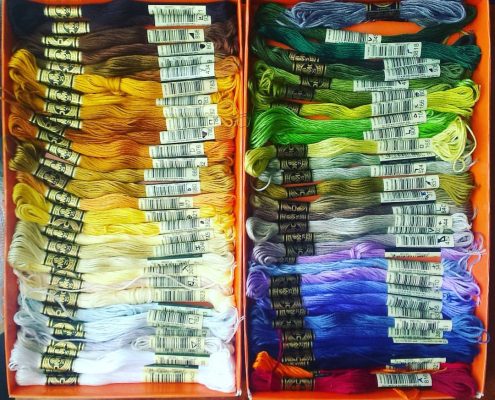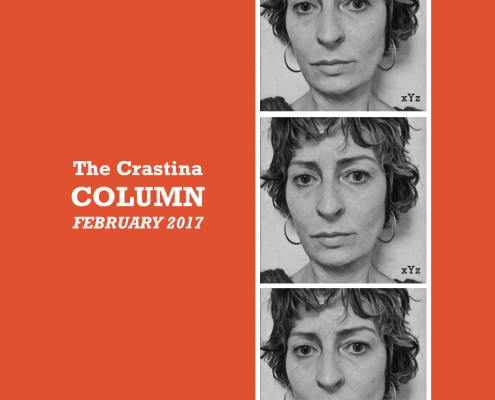Posts

Kelley Swain, Poet-in-Residence in Oxford: “I will never become bored with writing poetry about natural history”
During 2016, Kelley Swain has been one of three poets in residence at the Oxford University Museum of Natural History. “It’s a safe bet that poets will be interested in being ‘in residence’ at your institution,” she says.
The…

Using poetic verse for scientific abstracts – a study by Sam Illingworth
Can the accessibility of a scientific article be improved if the original abstract is interpreted in poetic verse? Sam Illingworth – SciComm teacher at Manchester University and science poet – recently decided to explore this.
The…

Short bursts of verse by Celia Berrell of Science Rhymes
What’s your tactic for disseminating science concepts to children and others? For Celia Berrell of Science Rhymes the answer is obvious: “Adding poetry, rap or lyrics to your presentation can engage, entertain and educate!” So put on your…

Science and aesthetics – two complementary views of the world
According to Kyiv-based genetics student Anastasiia Semenova, scientists “still seek and create aesthetic elements in science”. Here she shares some reflections after reading the book To Explain the World: The discovery of modern science…

The Crastina Column, February: The shortest route to the real answer is via the Imaginary.
Scientists and poets are often described as being very far apart in their worldview. Nothing could be further from the truth. British biologist and poet Joanna Tilsley—whose nom de plume is xYz—explains why the wonder of science and the…

Announcing the winners in the Crastina science haiku competition
We are proud to present the three winning poems in The Crastina Haiku Competition where one is about deep-sea corals, another is about microbes trapped in ice and a third is about autumn leaves.

The Crastina science haiku competition
We are happy to announce The Crastina science haiku competition! The challenge is to describe your research, alternatively your work or studies in the STEMM field, in the form of a haiku.

